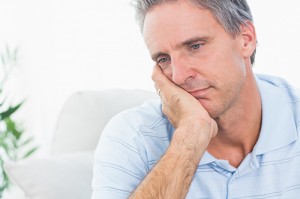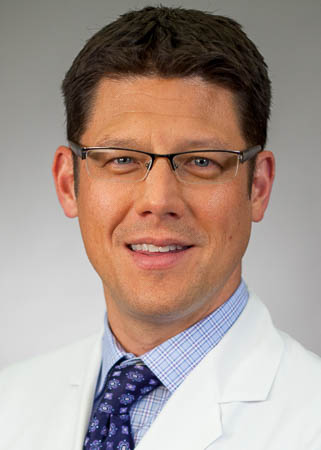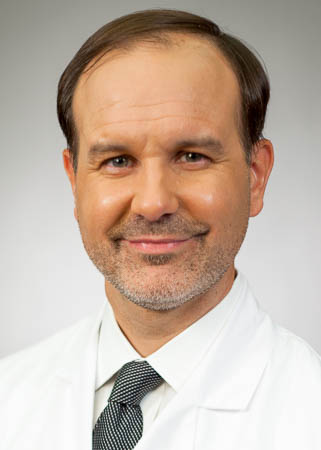Low Testosterone
 Low testosterone (Hypogonadism or Low T) occurs when the body does not produce enough of the male sex hormone testosterone. Most testosterone is made by the testicles and regulated by other hormones from the hypothalamus and pituitary gland. Testosterone is necessary for male sexual development and also involved in energy levels, sex drive, fertility, and bone health.
Low testosterone (Hypogonadism or Low T) occurs when the body does not produce enough of the male sex hormone testosterone. Most testosterone is made by the testicles and regulated by other hormones from the hypothalamus and pituitary gland. Testosterone is necessary for male sexual development and also involved in energy levels, sex drive, fertility, and bone health.
Testosterone deficiency can be primary or secondary. Primary hypogonadism is due to injury or diseases that affect the testicles, while secondary hypogonadism is caused by the hypothalamus or pituitary gland. Hypogonadism can occur at birth, during puberty or later in adult life. In many cases, an obvious cause for the low testosterone levels is never found.
Hypogonadism may lead to many symptoms. Some of these symptoms could also be due to other factors, not simply low testosterone. These symptoms include:
- Decreased libido (sex drive)
- Erectile dysfunction
- Fatigue or low energy levels
- Bone loss
- Muscle loss or weakness
- Infertility
- Diminished hair growth
Diagnosis of hypogonadism is made by testing a blood sample for testosterone and other hormones. This blood draw is performed in the early morning to ensure accurate results.
Treatment of hypogonadism in most cases involves testosterone replacement therapy (TRT). There are several ways to do this and the preferred method is different for each patient. Side effects, cost, and personal preference also help determine treatment.
- Topical gels are the most common treatment and are applied and absorbed through the skin of the abdomen, arms or thighs. Gel is applied once daily.
- Testosterone pellets (Testopel) are implanted under the skin of the buttock in a 5-minute office procedure. The pellets release testosterone over 4-6 months, after which time the procedure is repeated.
- Testosterone injections are given every two weeks at home or at the physician’s office. Levels fluctuate widely, so this form of TRT is recommended least often by physicians.
- There is no oral or pill-form of testosterone currently available.
Some patients who have secondary causes to their hypogonadism need specific pituitary hormones, medications, surgery or radiation.
Some side effects of TRT include worsening of sleep apnea, BPH symptoms, increase in red blood cell count, and increased edema. TRT does not cause prostate cancer but should not be given in someone with untreated or suspected prostate cancer.



